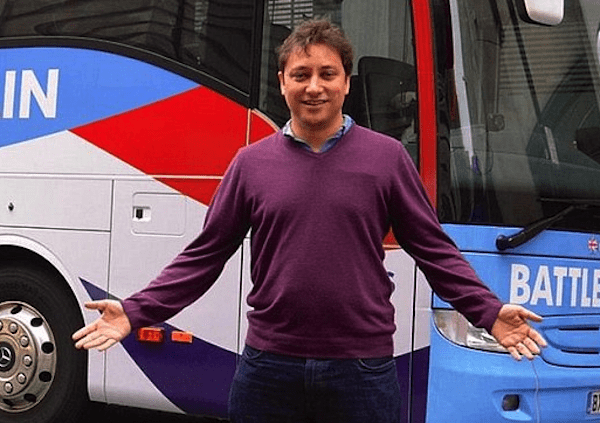How did those accused of bullying in the Conservative party’s youth wing get away with it? The central party, which appears to be slowly waking up to the fact that it can’t mark its own homework with an internal investigation into the events preceding Elliott Johnson’s death, may have been so desperate for help ferrying its limited number of young activists around the country that it jumped at the offer from Mark Clarke (who denies all the allegations put to him over the past few weeks). But those unhappy at the state of affairs seem to have been held back from complaining by something else: the threat to their careers.
Account after account of the scandal includes references to the need to impress the powers that be enough to get a safe seat. Either it was Mark Clarke’s desire to get selected for a safe seat, or activists worried that in some way fessing up or not falling in with the Clarke crew would damage their chances. Johnson himself worried about that all his political bridges were burnt. Clarke appears to have tried to use his RoadTrip2015 initiative to persuade the top brass to give him a seat, and failing that, he is alleged to have tried to blackmail an aide to Robert Halfon, threatening to expose a clandestine relationship unless the aide helped him win support for his campaign for selection to a safe seat (he denies this too).
The strange thing about Clarke’s campaign, and the anxiety that so many others involved in Tory youth politics felt, is that there’s no suggestion that anything they would have done would have won them a safe seat. The idea that someone’s performance in Conservative Future would guarantee them a comfortable majority in Shire England is for the birds.
Over the past few months I have been interviewing newly-elected MPs for a book that I am writing about how people get into politics and whether we get the wrong politicians. There are many, many problems with the pathways into parliament (but I’ll leave the detail for the book, out in early 2018), but I have not as yet identified being a rising star in the youth wing of either the Tory or the Labour party as being a pre-requisite to getting a seat, safe or marginal. Some of the Conservative MPs elected in May first discovered their politics when they heard David Cameron speak after becoming Tory leader. Others had been members of their local Conservative associations for a while, and had always nurtured hopes of becoming a Tory MP. Most were councillors before being elected. A very small group had been Westminster advisers, but all of those I’ve spoken to who fit this category say that this represented a serious handicap, not an advantage, at selection. A similarly small number, including Ben Howlett, former CF chair who also suffered bullying during his tenure, were involved in youth politics.
Youth politics will have given activists a network and an understanding of the sort of language and outward appearance that help you get selected as an MP. But it is not accurate at all to say that any of this would have guaranteed you a seat, if nothing else because the central party does not have the power to force associations to select anyone, no matter how good they were at arranging buses to drive activists around the country.
So the question is why Clarke and others thought that the ridiculous machinations of youth politics, flinging weighty egos around in bars and intimidating younger activists (Mark Clarke is in his late thirties, which is an almost Hollywood-esque definition of ‘youth’) were even worth it? Charles Walker asks today why ‘young activists could possibly be led to believe that campaigning as a young Conservative is anything more than having fun with friends’. Clearly this had become a myth that was repeated so often that young, enthusiastic would-be politicians believed it. Events of the past few months show how dangerously powerful that myth had become.







Comments